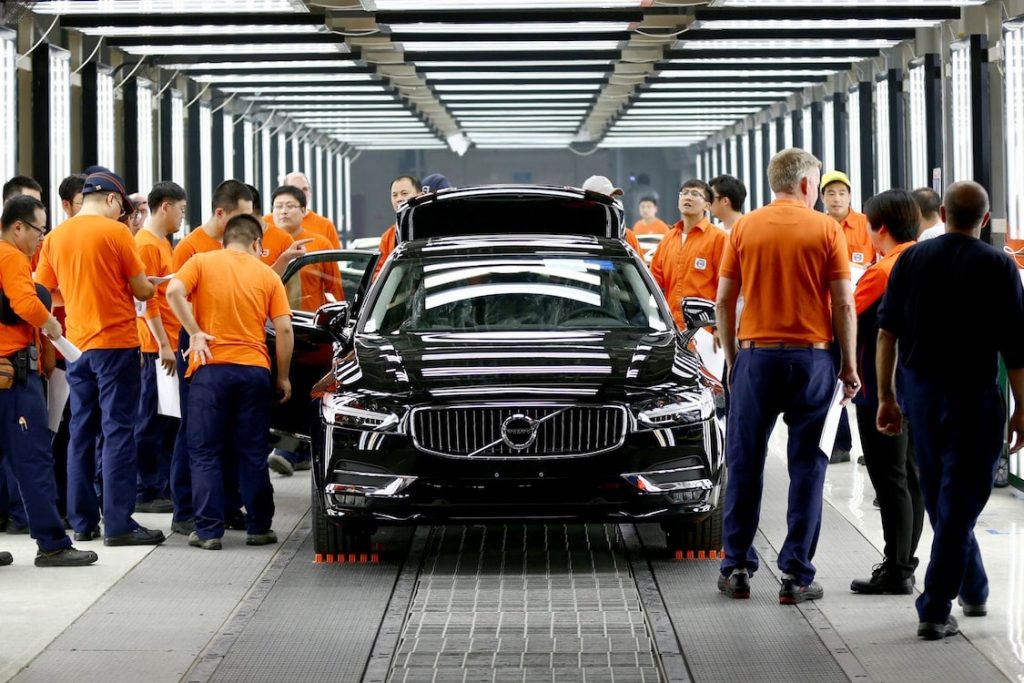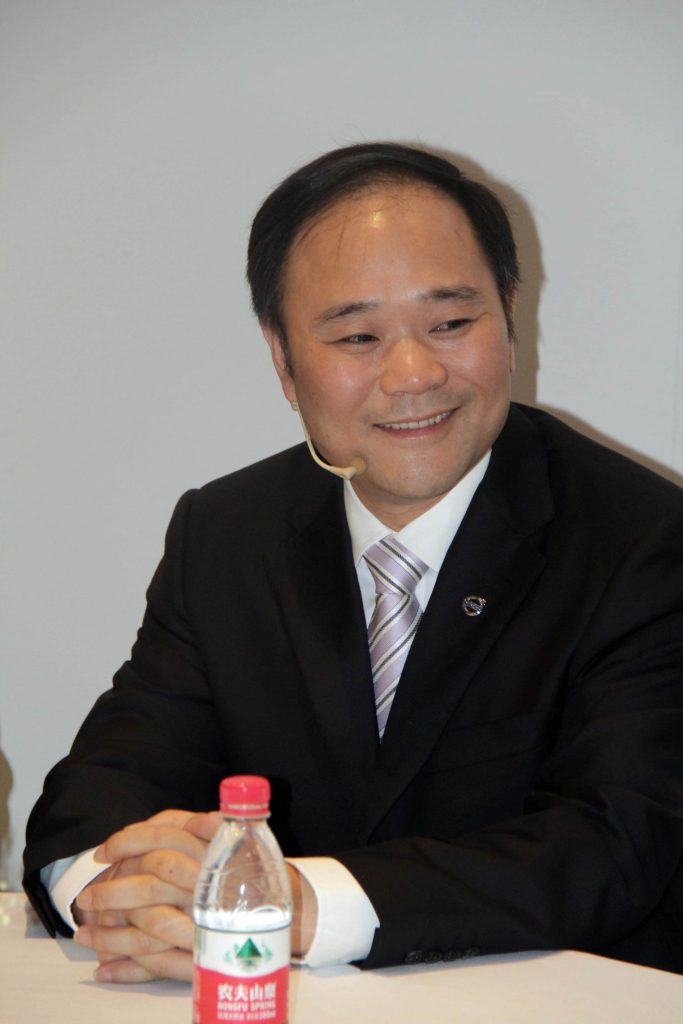Volvo Cars confirmed it signed an agreement with its parent Geely Holding to acquire Geely Holding’s stake in the companies’ joint ventures in China, with the aim of taking full ownership of its car manufacturing plants and sales operations throughout the country.

The acquisition of an additional 50% of the shares in Daqing Volvo Car Manufacturing Co. Ltd and Shanghai Volvo Car Research and Development Co. Ltd, will further strengthen Volvo Cars’ position in China, its largest market, and maximize exposure to one of the fastest growing regions globally, the company said in a statement.
“With this agreement, Volvo Cars will become the first major non-Chinese automaker with full control over its Chinese operations,” said Håkan Samuelsson, chief executive of Volvo Cars. No financial details were revealed.
The move comes just as the automaker reported $1.52 billion in profits through the first half of the year. The results are a 26.3% improvement from the first half of 2020. The company’s profit margin for the period came in at 9.4%, which is a slight decline of 0.9% from the year-ago period. The company noted retail sales were up 41% through the end of June with its all-electric Recharge models accounting for a quarter of all sales.
Volvo owns it all in China
Following the transactions, Volvo Cars will have full ownership of its manufacturing plants in Chengdu and Daqing, its national sales company in China and its R&D facility in Shanghai.
Although the two joint venture companies are already fully included in Volvo Car Group’s financial statements, Volvo Cars’ share of their net income and equity will increase following the transaction, the announcement said.

“Geely Holding Group and Volvo Cars are continuously evaluating the best way to collaborate and structure operations within the wider Group. These two transactions will create a clearer ownership structure within both Volvo Cars and Geely Holding,” said Geely Holding Chief Executive Officer Daniel Li.
Strong sales in China for nearly a decade
Volvo Cars has grown significantly faster than the overall market in China in recent years and will continue to invest in the country to maintain the strong growth trend.

The transactions will be completed in two steps, starting in 2022 when the joint venture requirement for auto manufacturing in China will be lifted, and expected to be formally completed in 2023.
The transactions are pending regulatory approvals. Employees and partners within the relevant companies will not be directly affected by the transactions.
Volvo Cars has enjoyed strong growth in China. In 2020, it sold 166,617 cars there, an increase of 7.5% — its eighth consecutive sales record in the market. In the first half of 2021, sales increased 44.9% compared to the same period in 2020, and by 40.1% compared with the same period in 2019.
Prelude to Volvo IPO?
The move that could make a potential initial public offering for the Swedish automaker more attractive to investors.
Geely, which also owns a 9.7% stake in Daimler, said earlier this year it was considering options for Volvo, including an IPO and stock market listing. In February, Geely’s Hong Kong-listed unit Geely Automobile and Volvo Cars scrapped plans to merge.
Analysts expect other foreign automakers to strike similar deals in China, the world’s biggest car market, when the country’s requirement for auto manufacturing to be carried out with a local joint venture partner is lifted next year.
The rules for electric carmakers have already been lifted, allowing Tesla to operate a wholly owned subsidiary in China. Volkswagen has gained control of an electric car unit in the eastern city of Hefei.







